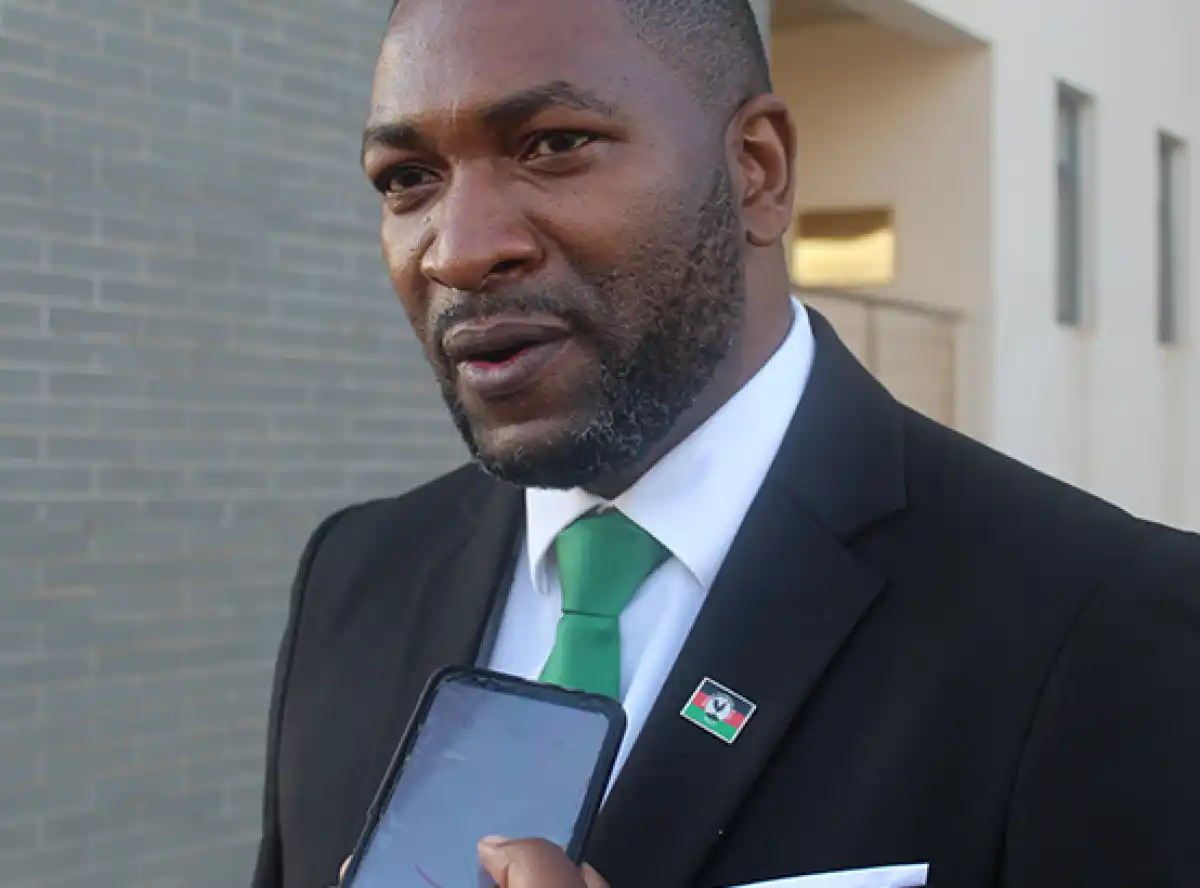
The Affordable Inputs Programme (AIP), the government flagship initiative that offers smallholder farmers subsidised fertiliser and seed, faces chronic setbacks, including delayed delivery, network breakdowns and dismal harvests. Our News Analyst CLEMENT CHINOKO quizzes Minister of Agriculture Sam Kawale on the highs and lows of the programme this year. Excerpts:

Q
: What is your assessment of the 2023/24 AIP implementation?
A
: This year, AIP went smoother than the previous years. We managed to implement it quicker with the resources we had and according to our plans. We also managed to resolve issues quicker because we had a good feedback mechanism within the ministry. We had amazing teamwork and everyone wanted to see the programme succeed.
Q
: What can you highlight as the major setbacks?
A
: Shortage of forex. If we had all the forex in place, we would have finished the programme in two months. However, we have put in place mechanisms for 2024/25 to ensure we work around the forex shortage issue. We look forward to a better season ahead of us. Secondly, we had people all over the country who tried to manipulate the system using fake national IDs to steal fertiliser from beneficiaries. A number of farmers failed to redeem their fertiliser because someone used their QR Codes on national IDs to buy the fertiliser. We have come up with a mechanism to deal with this malpractice this year.
Q
: When you look back, what excited you most in the implementation of AIP?
A
. The feedback from beneficiaries. Many people were calling and texting, appreciating how this year’s programme went on. No one slept at a selling point waiting for fertiliser, unless they decided to do that on their own. We had a very good communication mechanism for beneficiaries to know when to come and buy fertiliser. This was an upgrade from last year. Our information technology team was also amazing. They were working up to midnight, solving that day’s problems and preparing for the next day’s activities. This made me sleep better.
Q
: President Lazarus Chakwera set a deadline for the delivery of all fertiliser to the targeted farmers. When the ministry was struggling to meet the ultimatum, did you ever fear for your job?
A
: Not even for a minute because I was always in touch with the President.
Q
. Amid reductions in the number of AIP following reforms, can you declare with utmost honesty that the more than two million smallholder farmers that were stricken off the list of beneficiaries will be food secure?
A
: If I was God, then yes, I could gladly declare that. But since I am not and as you know that farming is dependent on many factors, mostly weather, I can’t do that. As you can see, we have El Nino now and there is no guarantee that even those under AIP will be food-secure.
What I can honestly say though, is that the President has vowed to ensure that we have mechanisms to go into irrigation immediately to produce more to cover the deficit, and give food to those who will be food-insecure. That is how loving and visionary the President is.
Q
: In terms of strategic direction, what level does the Tonse administration want agriculture to reach?
A
: The vision hasn’t changed. We want to be a food-secure nation, and have an agriculture sector that is commercialised and mechanised, creating jobs and generating the much-needed forex for the country. Looking at the budget that has been presented, we are on the right track, and I am very optimising now as a Minister of Agriculture. The President has given us all the support we need and we will deliver.
Q
: What strategies do you have to propel the sector to that level and how implementable are they?
A
: We are focusing on investing in productive farmers who will do commercial farming. Firstly, all non-productive farmers will be on social protection programmes. Secondly, all productive farmers will be migrated or they will choose to migrate to the following programmes.
Secondly, there is the National Economic Empowerment Fund. People will access low interest loans to invest in their farming activities. We will encourage small scale irrigation as small as one hectare and above. Productivity is crucial. Thirdly, Agricultural Commercialisation. They will access grants to invest in commercial farming and do value addition. We will encourage small scale irrigation from five hector and above.
Fourthly, megafarms. They will access low interest loans through Malawi Agriculture and Industrial Investment Corporation and invest in medium to large scale farming.
Irrigation will also be encouraged. Productivity is key. Apart from these programs, our development partners are also aligning to this strategy as we sprint towards vision 2063.
Q
: Admarc, which is a key marketing role in AIP, has long been attributed to as key to unlocking the agriculture potential, do you think the parastatal is prepared to play that role after years of mediocrity?
A
: Yes, and we are ready to support them. They have been given K40 billion in the next budget to buy and sell produce as well as invest in production. They vision for Admarc 2.0 is great and I am happy the tiger is back on its feet. This year will be a good one for the institution.n






0 Comments